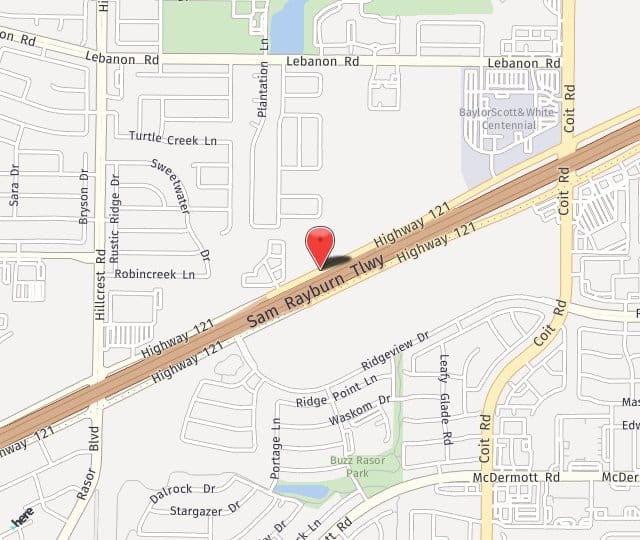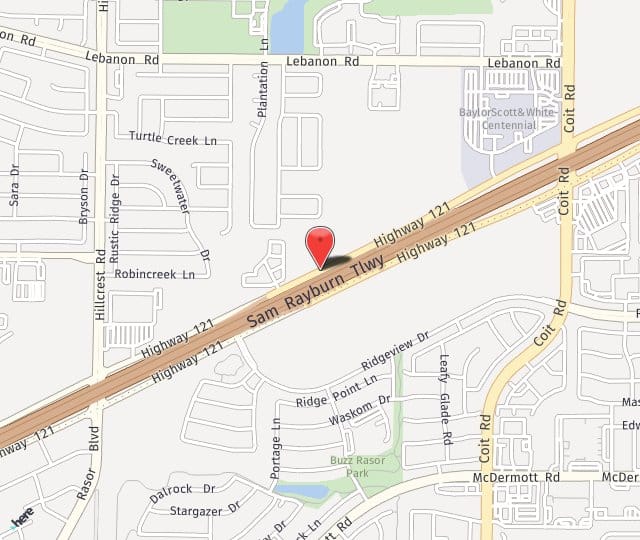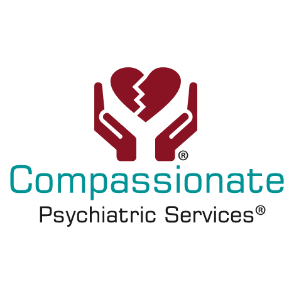
Schizophrenia is a serious mental disorder in which people interpret reality abnormally. Schizophrenia may result in some combination of hallucinations, delusions, and extremely disordered thinking and behavior that impairs daily functioning, and can be disabling.
People with schizophrenia require lifelong treatment. Early treatment may help get symptoms under control before serious complications develop and may help improve the long-term outlook.
Frequently Asked Questions (FAQ's) on Schizophrenia
1. What is Schizophrenia?
Schizophrenia is a serious mental disorder in which people interpret reality abnormally. Schizophrenia may result in some combination of hallucinations, delusions, and extremely disordered thinking and behavior that impairs daily functioning, and can be disabling.
People with schizophrenia require lifelong treatment. Early treatment may help get symptoms under control before serious complications develop and may help improve the long-term outlook.
2. What are symptoms of Schizophrenia?
Schizophrenia can present with a range of different symptoms. These symptoms can vary in occurrence and severity for each individual. Most common symptoms include delusions, hallucinations, disorganized thinking and speech, extremely disorganized or abnormal motor behavior. In addition to these, individuals with schizophrenia will experience negative symptoms, which refer to the lack of ability to function normally. For example, avoiding eye contact, neglecting personal hygiene, or lack of facial expressions.
3. When is Schizophrenia diagnosed?
Schizophrenia is most often diagnosed in the early to mid-20s for men, and in the late 20s for women. It is uncommon for children to be diagnosed with schizophrenia and rare for individuals over 45.
4. What Causes Schizophrenia?
It's not known what causes schizophrenia, but researchers believe that a combination of genetics, brain chemistry, and environment contributes to the development of the disorder.
Problems with certain naturally occurring brain chemicals, including neurotransmitters called dopamine and glutamate, may contribute to schizophrenia. Neuroimaging studies show differences in the brain structure and central nervous system of people with schizophrenia. While researchers aren't certain about the significance of these changes, they indicate that schizophrenia is a brain disease.
5. What is the treatment for Schizophrenia?
Schizophrenia is treated with a combination of medication and therapy. Depending on the severity of each individual's symptoms, various therapy models, such as individual therapy, social skills training, family therapy, and rehabilitation therapy may be utilized.
As there is no cure for schizophrenia, life-long treatment is required. Patients with schizophrenia can live product, full lives when it is well treated and maintenance treatment continues.
If you believe you or a loved one may be experiencing symptoms of Schizophrenia, please give us a call today to schedule an appointment. The staff at Compassionate Psychiatric Services is highly skilled and trained to assess, diagnose, and treat mental illness.
Contact us today at 469-200-4093.
6. Do you know which significant cities Compassionate Psychiatric Services offer its mental health services to?
Compassionate Psychiatric Services range from anxiety, depression, post-traumatic stress disorder (PTSD), addiction, trauma, eating disorders to numerous other mental health conditions and are offered to all our patients in the following city locations: Dallas, The Colony, Richardson, Flower Mound, Lewisville, Prosper, Irving and Arlington.




